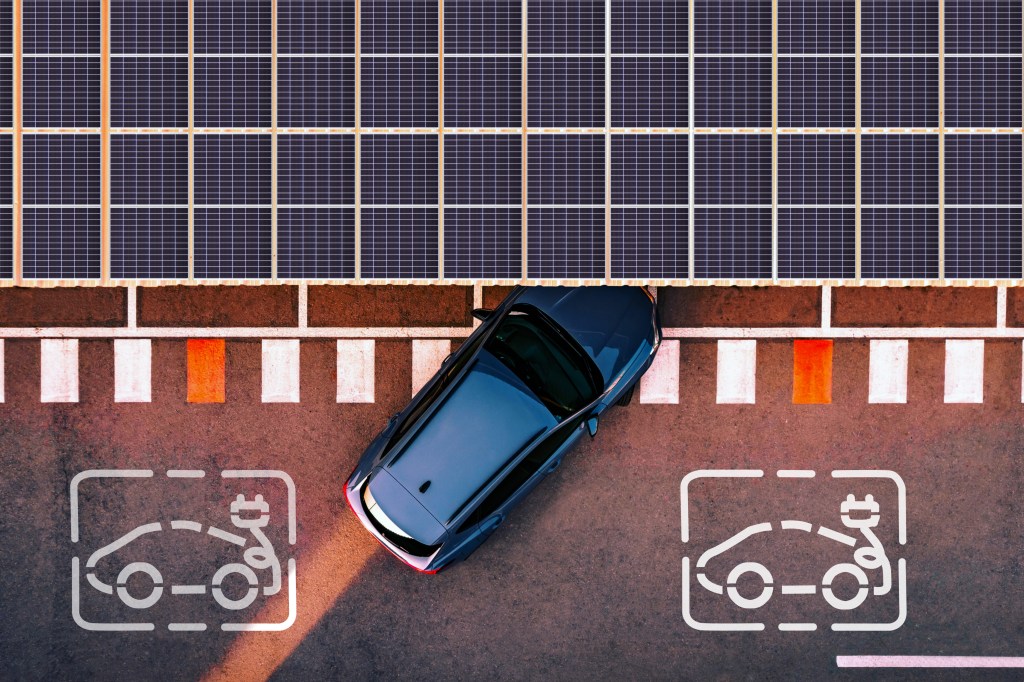COP27 marked the start of a tough road ahead, write Kristin Stubbins, Assurance Managing Partner at PwC Australia and Liza Maimone, Managing Partner – Chief Operating Officer, Energy Transition Executive and Net Zero Leader at PwC Australia.

The Glasgow conference held 12 months earlier heralded a raft of government commitments and new institutions. This year’s climate get-together was never going to match in terms of news-grabbing headlines or aspiration of bigger COPs, the likes of Glasgow, Paris and Kyoto. One could argue COP27 marks the start of the really tough road ahead of us all – the kind of hard work that feels even harder now the euphoria of commitment making has passed.
That’s not to say there weren’t advances. There was the historic agreement to set up a financial support structure to address the loss and damage faced by the most vulnerable countries by COP28, and there was continued passion from world leaders who are likely to feel the pinch of climate change quicker than others, such as Barbados’ Prime Minister, Mia Mottley. The world continues to see that her passion isn’t just rhetoric. Her leadership on pushing for the reform of the international financial system through her ‘Bridgetown Agenda’ is testimony to that. This agenda got real traction and support at the conference, and will likely gain more momentum into 2023.
We continue to see more predictions of further catastrophic events and signs that we are failing to move fast enough. PwC research revealed we are not decarbonising fast enough to limit warming to 1.5 degrees. Our Net Zero Economy Index, which tracks the progress of G20 members’ efforts in reducing energy-related greenhouse gas emissions and decarbonising their economies, shows our current rate of 0.5% – nowhere near the 15.2% annual rate of decarbonisation we believe is now needed to bridge the gap between the climate emergency and a strong and sustainable economy.

Closer to home, the State of the Climate 2022 report, prepared by the CSIRO and the Bureau of Meteorology, highlights the impact already on Australia, with our temperature warming on average by 1.47 degrees since 1910 and projection of increases in air temperatures, more heat extremes and fewer cold extremes in coming decades.
While the current state of play and future forecasts point to an ongoing emergency, we are starting to see meaningful and scalable steps that governments, businesses and citizens can and are taking to accelerate the race to net zero and adapt to increasing climate risks. Internationally, we’ve just seen the US government pass the Inflationary Reduction Act, the largest ever federal investment in climate and clean energy. Valued at nearly $370 billion, it includes tax credits, incentives and other provisions which aim towards helping companies tackle climate change, increase investments in renewable energy and enhance energy efficiency.
In Australia, we’ve seen a ramping up in public policy measures designed to address the onboarding of renewables to the national grid, ongoing investment in resilience and disaster readiness, and a focus on enablers such as critical minerals that will help decarbonise the economy. This year saw the government release extensive consultations on strategies such as critical minerals, electric vehicles and wellbeing budgeting. Despite this recent acceleration in policy development, there is still more the government could do to provide policy certainty for investors.

But for those of us in the business community, we need to do our part, particularly now the signals are there that capital is moving toward greener industries, penalties will ramp up on carbon incentive industries, and asset and business models exposed to climate impacts.
We will also soon have mandatory reporting requirements either through proposed SEC rules, EU requirements or the local adoption of new standards aligned to the Internationally Sustainability Standards Board as flagged by the Treasury recently with the launch of a consultation on climate-related financial disclosures.
Ultimately, businesses will need to consider two pathways to adapt. The first relates to the actual transition that businesses need to make to decarbonise, by examining the actual operation of a business – the machinery, travel, sourcing of energy, supply chain, as well as the upstream and downstream actions that support the business model. The second relates to how businesses govern that path – how they define the ambition, report against it, monitor progress and provide confidence to stakeholders that there is integrity in their data and what they are reporting on their risks and actions, as well as what that means from the enterprise value perspective.
Both need to happen side by side in order to maximise and measure the effort involved in transitioning a business. Bringing these two paths together needs a whole-of-business approach and it requires a coalition to be built across all parts of the business. This might involve bringing together multidisciplinary teams from across many operational divisions, financial functions and various governance teams. It may also require organisations to consider working beyond their traditional boundaries, for example to reduce emissions organisations will likely need to consider sharing data across the full life cycle of a product or service with customers, suppliers, governments, industry groups and other key stakeholders.
This of course also means uniting corresponding professions such as engineers, accountants, lawyers and technologists across an organisation and the supply chain – which might take time and shifts in mindsets to get this right as well as the sharing of skills and capabilities across disciplines. Bringing together these professions to contribute to the overall view of an organisation’s enterprise value will provide not only more comprehensive information, but greater insight for users of these reports.
Before we know it, we will have the agenda for COP28 in Dubai in our in-trays, and once again we will have the world considering its progress on this ambitious project. The next COP needs to continue to build on the momentum created over the past few years. In particular around holding key economies accountable for delivering on strategies they are establishing and implementing to transition to a greener future and the progress they are making through trustworthy reporting.
Businesses don’t have a day to waste getting ready to not only chart its path to net zero but start to demonstrate how they are getting there.
This article was contributed by Kristin Stubbins, Assurance Managing Partner at PwC Australia and Liza Maimone, Managing Partner – Chief Operating Officer, Energy Transition Executive and Net Zero Leader at PwC Australia.